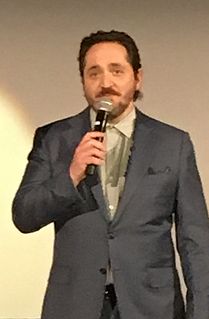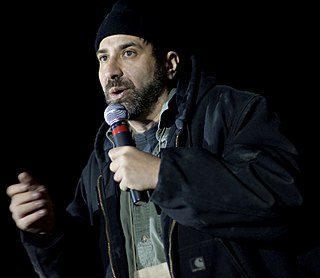A Quote by Ben Falcone
Related Quotes
About a year after I moved to Los Angeles, I decided I wanted to be a joke writer for a late night talk show. So I met with a late night joke writer and he told me that I should start by doing stand-up comedy, because that would really hone my sense of humor and joke writing ability. Eventually I took a stand-up class and a few months later I had a seven-minute act.
If you give a little credit to the concept of the artist, I think you ought to indulge excesses a bit, because that reflects the personality of the writer. Now if a joke is in bad taste or it's not funny, okay, that's awhole different thing, but how you craft a joke is really what the writer's job is, and I don't think that technique should be subject to any editorial constraints.
I keep on repeating something told to me by an American psychologist: "When you are making a joke about someone and you are the only one to laugh, it is not a joke. It is a joke only for yourself." If people are making a joke they have the right to laugh at me but I will ignore them. Ignoring doesn't mean that you don't understand. You understand it so much that you don't want to react.



































